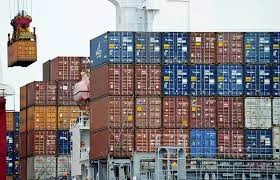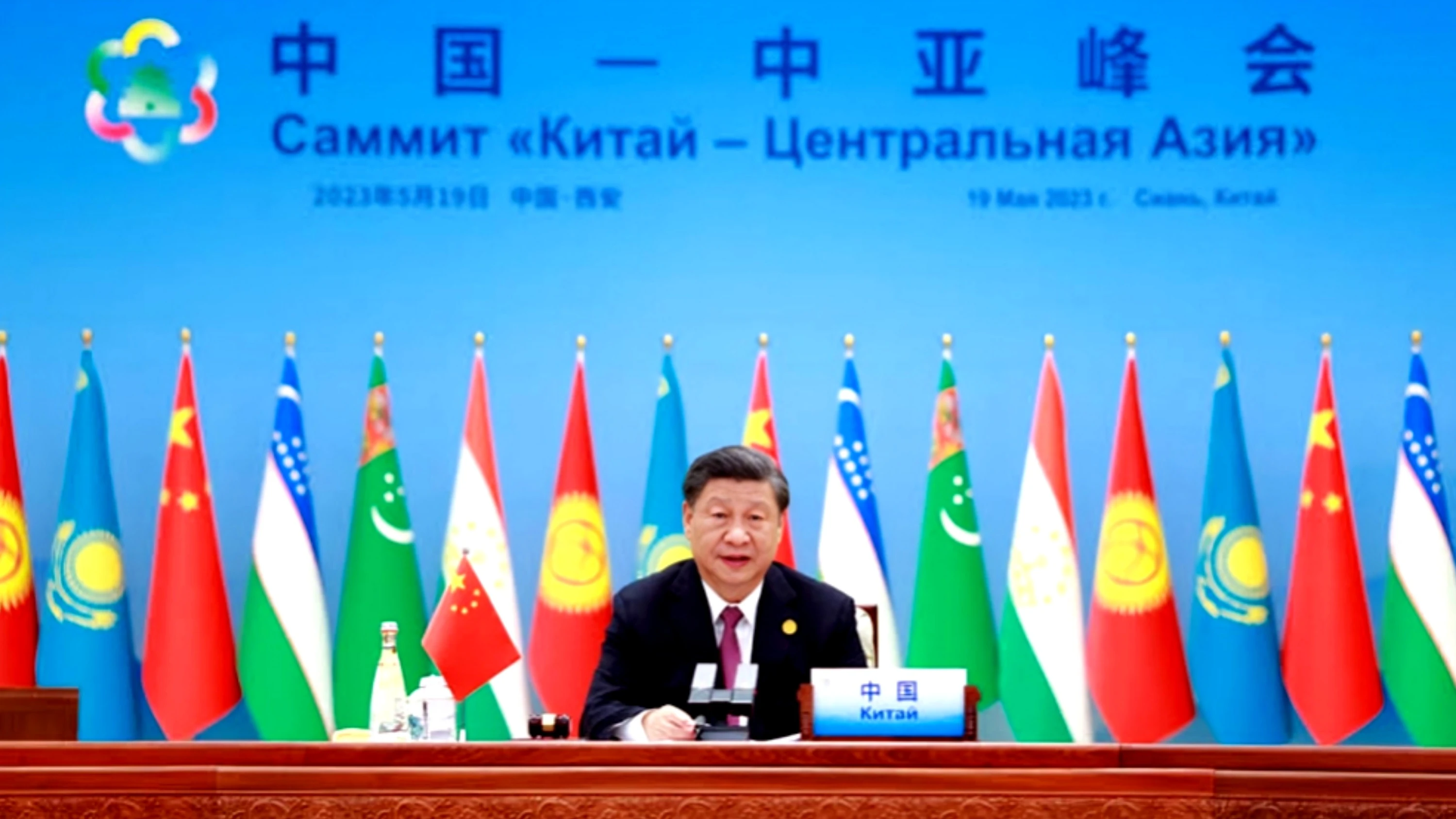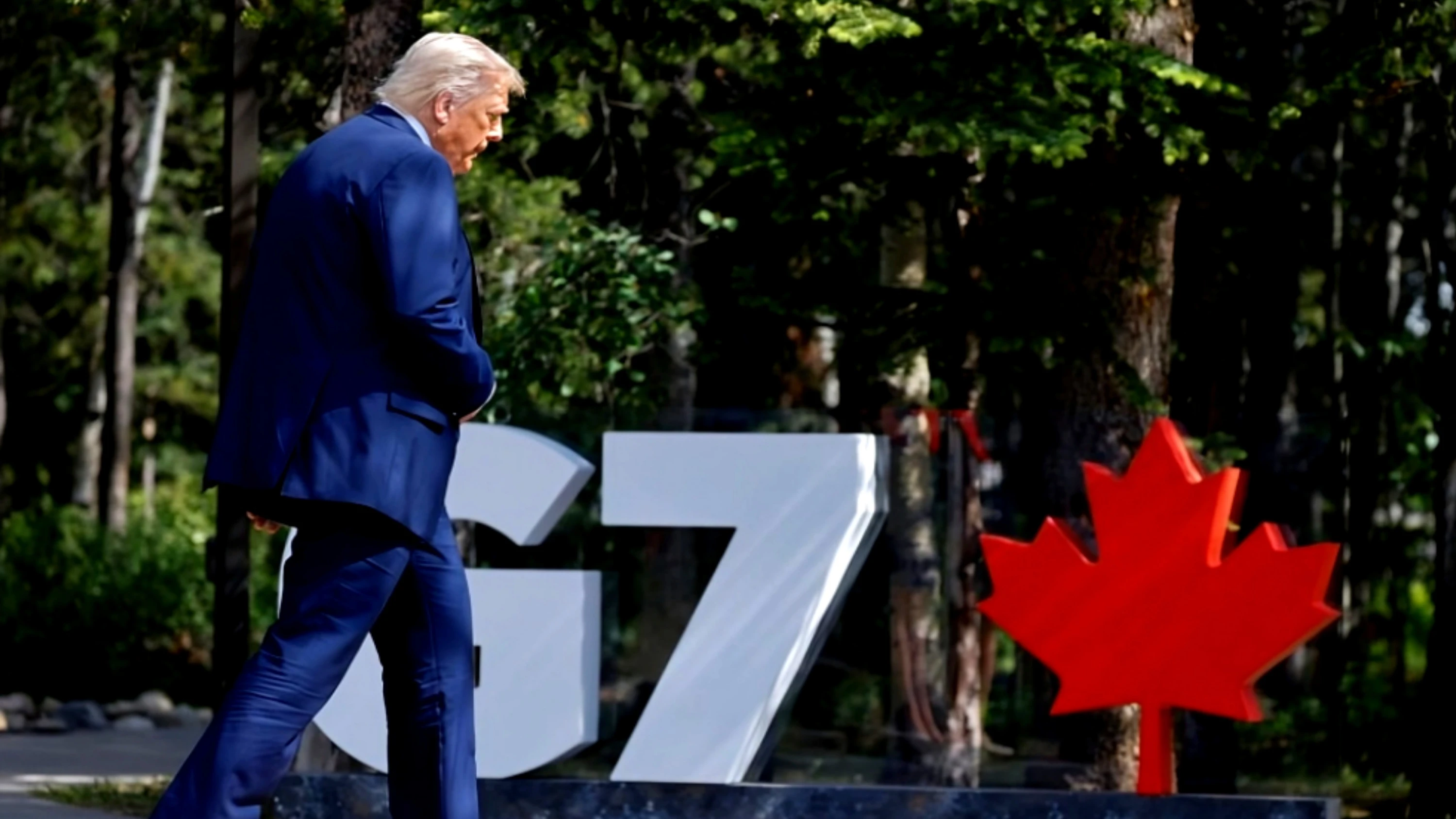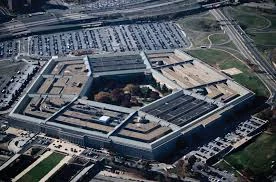In a strategic move to mitigate escalating trade tensions with the United States, China has begun exempting certain U.S. goods from its previously imposed 125% retaliatory tariffs. This decision, though not officially announced, has been confirmed by businesses and importers, particularly in sectors such as pharmaceuticals, aerospace, and semiconductors.
Key Exemptions and Sectors Affected
Reports indicate that China has lifted tariffs on at least eight categories of U.S. semiconductors, reducing them from 125% to zero. These categories include specific microchips and semiconductor manufacturing equipment. Additionally, exemptions are being considered for U.S. medical equipment, industrial chemicals like ethane, and aircraft leasing services.
The exemptions appear to be targeted at "irreplaceable" goods essential to China's domestic industries, aiming to minimize the impact on sectors heavily reliant on U.S. imports. This approach suggests a strategic intent to safeguard critical industries while navigating the complexities of the ongoing trade dispute.
Political Context and Trade Negotiations
The move comes amid conflicting statements from both nations regarding the status of trade negotiations. U.S. President Donald Trump has claimed that tariff talks with China are underway, a statement that Chinese officials have publicly denied. Despite the lack of formal negotiations, both countries have taken steps that indicate a willingness to de-escalate tensions. Earlier this month, the U.S. excluded certain high-value Chinese goods from its own tariffs, a gesture mirrored by China's recent exemptions.
Economic Implications and Market Reactions
The exemptions have had a modest positive impact on global markets, with Asian shares rising and the yuan rebounding. However, the broader economic outlook remains cautious. The International Monetary Fund (IMF) and global finance officials have expressed concerns that the ongoing trade dispute could harm global growth, job markets, and living standards.
In China, the economy faces internal pressures such as rising unemployment and deflation, increasing the urgency to stabilize trade relations. The government is simultaneously preparing for a prolonged trade war by strengthening support for affected domestic firms.
China's selective tariff exemptions on U.S. goods represent a calculated effort to ease trade tensions without appearing to concede. By targeting exemptions at critical sectors, China aims to protect its domestic industries while signaling a willingness to engage in dialogue. The situation remains fluid, with both nations navigating a complex landscape of economic interdependence and political strategy.








